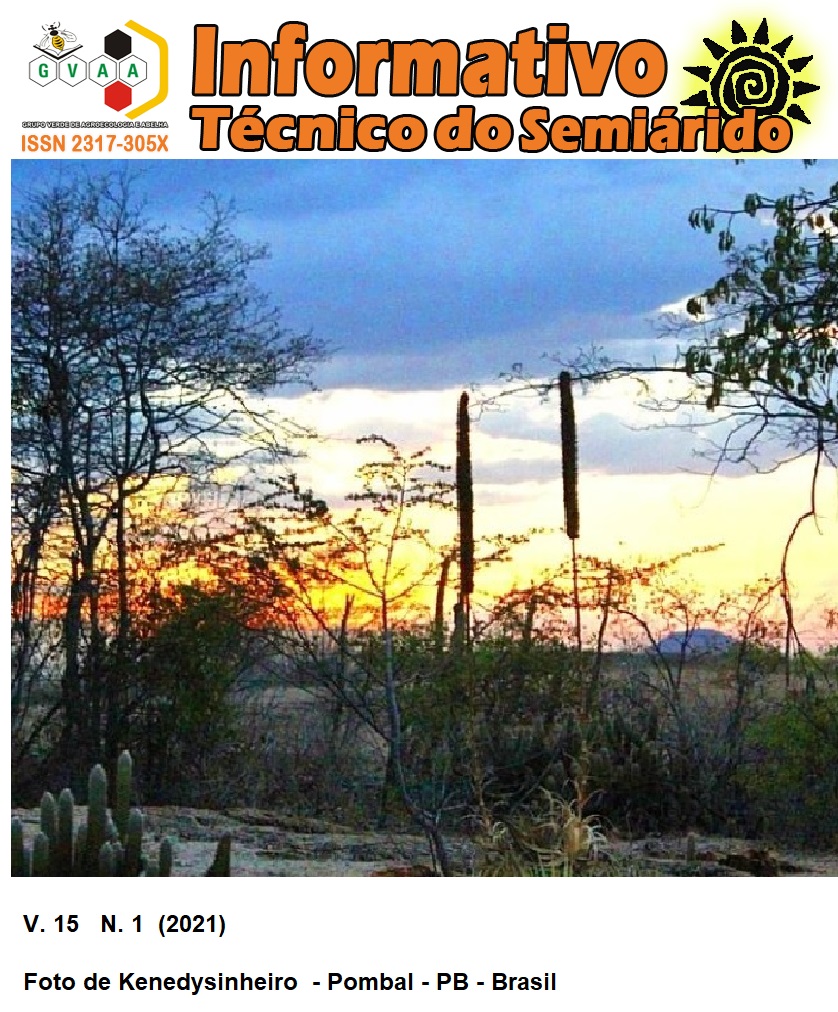Colored Cotton Its Economic and Sustainable Advantages
Abstract
The study as a purpose to understand through a bibliographic review the economic and sustainable advantages of colored cotton. Methodologically, the research is a bibliographic review, with a descriptive and exploratory approach about the economic and sustainable advantages of colored cotton. The bibliographic review will take place based on the search for articles published and indexed in databases of Latin American and Caribbean Literature in Health Sciences (LILACS), in the Scientific Eletronic Library Online (SciELO), in Google Scholar and in other reliable databases that contemplate the theme. The guiding question of the study is: What are the economic and sustainable advantages of colored cotton. To search for articles, the following descriptors and their combinations in Portuguese will be used: Colored Cotton. Sustainability. Economic Advantages. The selection criteria defined for the compilation of publications will be: scientific articles, reports, monographs, dissertations and theses that present the theme of the study, which are in Portuguese, free access, full text, published and indexed in the referred databases among the years 2010 to 2020. The literature review addressed the following points: the history and characterization of colored cotton; the economic advantages of colored cotton; and the social and sustainable importance of colored cotton. Thus, it was concluded that the research presented satisfactorily the numerous economic and sustainable advantages of colored cotton and its role in the national industry, thus demonstrating its importance not only for the Brazilian market, but for small farmers in the Northeast region, as a possibility of income, in addition to maintenance and respect for the environment.












